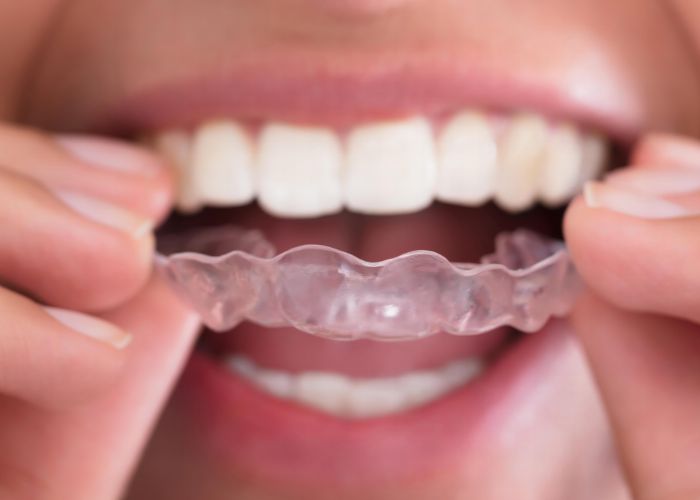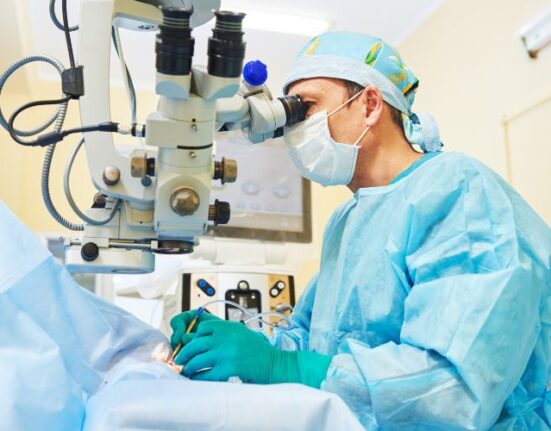Many people wake up in the morning with a headache and sore teeth. What’s the cause of this? The answer might be in the way they sleep. Sleep bruxism, also known as teeth grinding, affects many people. However, very few know what it actually entails and what they can do to avoid such sleep habits. Discover what makes people grind their teeth in their sleep and solutions for preventing future sleep bruxism.
What Is Sleep Bruxism?
Sleep bruxism is the grinding and clenching of teeth during sleep. It is more common in children but can also affect adults. When people grind their teeth, they create excessive pressure on the teeth, jaws, and surrounding muscles. Such pressure can lead to various dental problems, such as wear and tear of the tooth enamel, jaw pain, headaches, and even earaches, making teeth grinding one of the top bad oral habits to avoid. However, as a habit that occurs unconsciously, sleep bruxism can be challenging to manage.
What Causes Sleep Bruxism?
Sleep bruxism has multiple causes, including anxiety, stress, and sleep disorders such as sleep apnea. Additionally, improper alignment of the teeth or open spaces between the teeth can cause it, which can lead to clenching during sleep. Certain medications, drugs, and even caffeine can also promote bruxism. Identifying the cause can aid in the proper management of the condition.
How Can You Manage Sleep Bruxism?
People can manage sleep bruxism in many ways. Undergoing counseling can address any underlying anxiety and stress contributing to the condition. Reducing caffeine intake and avoiding alcohol can also aid in reducing sleep bruxism. Certain relaxation techniques, such as yoga or meditation, can also help with stress management and, in turn, reduce teeth grinding.
Using a mouthguard is one of the most common and effective solutions for managing the symptoms of sleep bruxism. A mouthguard is a custom-fitted device you wear at night to protect your teeth from damage that grinding and clenching cause. There are two classes of guards: over-the-counter and custom-fitted ones. Over-the-counter mouthguards are cheaper but lack the customizability of a professional mouthguard. A custom-fitted mouthguard provides better protection and is often more comfortable and durable in the long term.
Teeth grinding in sleep is a common problem that affects millions of people and can cause multiple discomforts and health concerns. Knowing what makes people grind their teeth in sleep and identifying sleep bruxism allows for better management and prevention of subsequential oral issues and headaches. Check in with yourself in the mornings and see if you suffer from sleep bruxism.

















